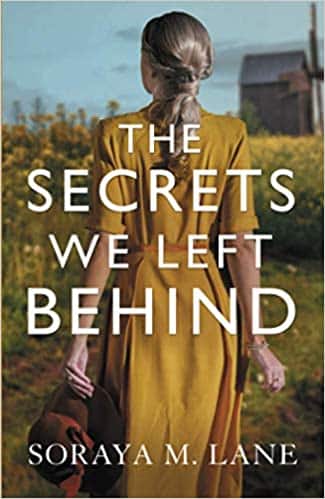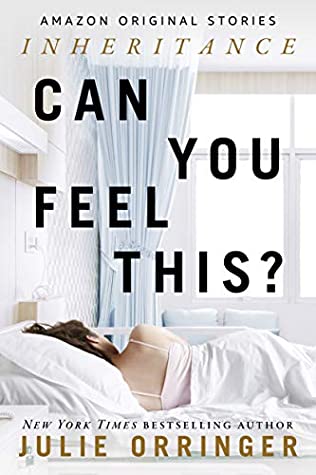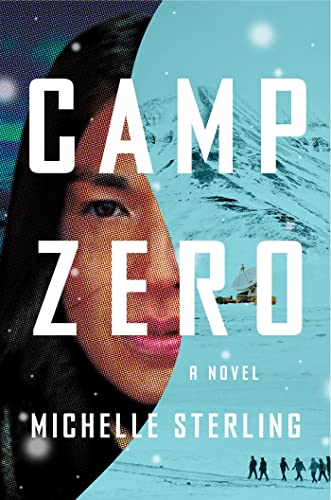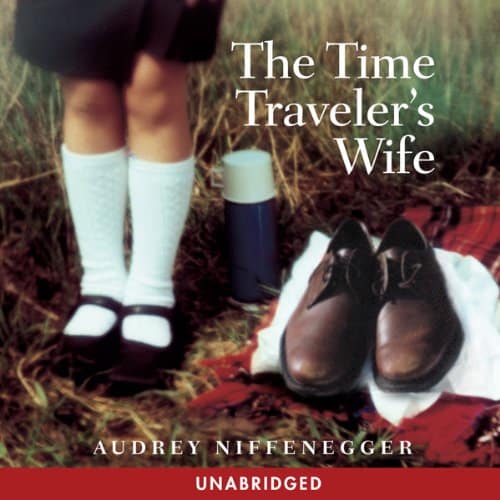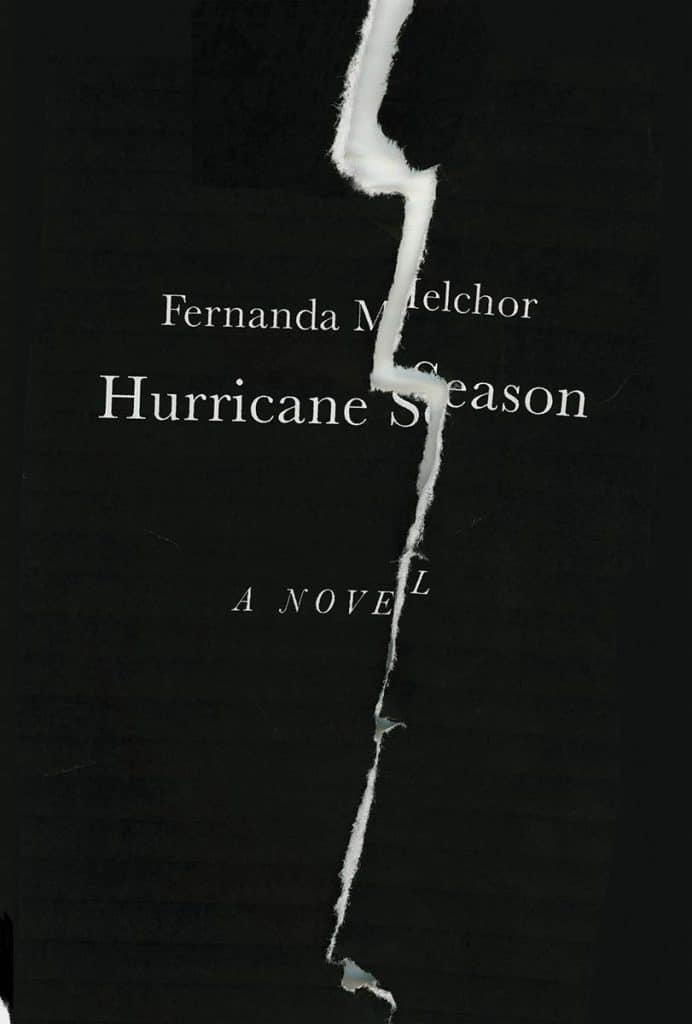Wedding Roadblocks
Estimated reading time: 16 minutes, 1 second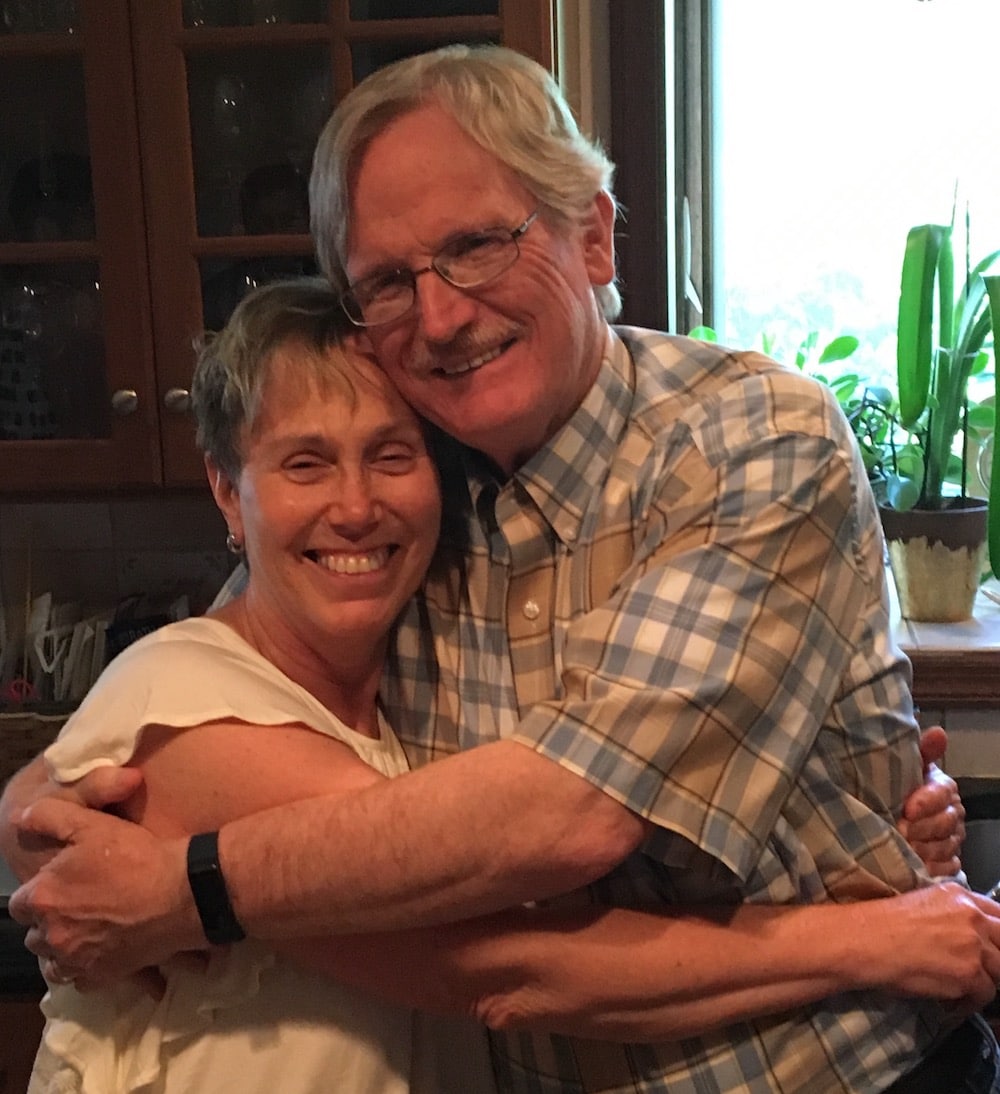
Jan’s Parents Say No
I have good news,” Jan said to her parents when she called them after we came home from dinner. “We have found a Rabbi who will marry us,” she said into the phone. “Richard and I met with him this week, and he agreed to marry us. He is also available on August 9th!”
I sat on the couch next to Jan, holding her hand as she updated her parents. I wanted them to be as happy as we were, but I knew it was not likely.
He is a Reform Rabbi,” Jan responded to a question I could not hear but knew precisely why they were asking.
Jan’s exuberance subsided as the conversation took a different turn.
“Richard and I like the Rabbi. In talking to him, we thought it would be good to have a Lutheran minister Richard has worked with as co-officiant. As the Rabbi said, it represents both faith communities.”
Even though I was only listening, I felt like we were sinking into the NY Harbor like a Mafia rubout tied to a bag of rocks.
It is my wedding,” Jan shouted into the phone. “I love Richard, and this will make the wedding work better for both of us.”
I could see Jan’s chin shaking and knew she was about to cry. I squeezed her hand and whispered I love you in her ear.
Why can’t you be happy for me once in my life!”
I placed my arm around her shoulder and kissed her cheek.
“I cannot believe you will not attend my wedding!”
As much as I wanted to cry, I hugged her and held back my tears as I knew I needed to be fully present for Jan.
I am not changing my mind. I want and need you to attend our wedding!”
A minute later, Jan slammed the phone down.
I held her in my arms and kissed her lips.
“It will be OK, honey.”
“No, it will not. My parents refuse to attend the wedding if Fr. John participates. Plus, they are not happy about the marriage being in the City. Why can’t they love the two of us the way your family loves us.
If I felt that we were sinking into the Harbor earlier, I now felt like we had hit bottom.
“I will do whatever you need me to do….”
“You have already done enough. You love me more than I deserve. It is my parents who need to change.”
Jan got up and walked around the apartment, cursing and screaming. I decided to let her rant for a few minutes.
“Damn it! I cannot believe they would not attend our wedding. Can you explain to me why they do not love me?”
I tried to speak but the rant continued, and she began conjugating the “F-Word” in ways I did not know were possible.
I finally stood up and put my arms around her.
“I love you and always will. Why don’t we take a break, and we can decide in the morning how to proceed?”
Jan sighed. “But we are still getting married!”
Nodding my head, I reached over and kissed her.
Holding her, I began to rub her lower back.
That feels good,” she moaned.
“I can continue with that and do more if you want me to.”
She nodded her head, and I led her to the bedroom.
She laid down on her stomach, and I raised the hem of her sundress and rubbed her back.
“Oh, that is so good. Please do not stop.”
I focused all my energy on Jan as I needed to find a way to heal her broken heart.
That was so enjoyable,” Jan said as she cuddled me and placed her head into my nook.
Unlike Jan, I was still fully dressed when I leaned over to kiss her forehead.
I wanted to help the love of my life feel better.
“I wish my parents could see us now….”
“Really? You are not fully dressed?”
“I would get dressed,” Jan explained with a smile. “If they could see us now, they would understand how much you love and care for me. They always told me boys only wanted one thing and would never really love me. You reduced my stress and made me so very happy tonight. Seeing us now, I am sure they would know you are the best husband for me.”
Momentarily speechless, I smiled at Jan and felt the warm glow of her love.
Eventually, I said, “I only know one way to love you now and forever!”
I will learn how to love you the same way. It may take some time, but I will.”
We kissed and embraced as I said, “I am going to get ready to join you in bed. Let’s rest tonight, and in the morning, we can plan our wedding.”
After almost 48 years, I recently lost my wife, Jan Lilien. Like The Little Prince, Jan and I believed that “The most beautiful things in the world cannot be seen or touched, they are felt with the heart.” This blog is a collection of my random thoughts on love, grief, life, and all things considered.



